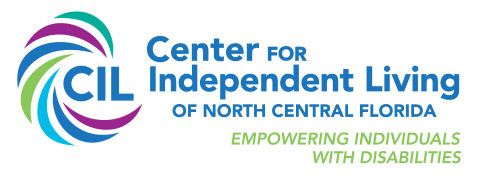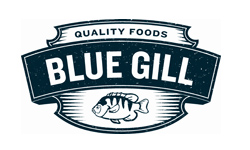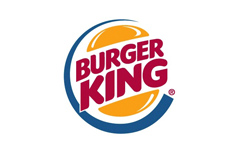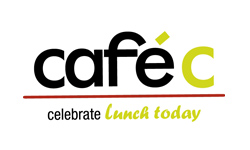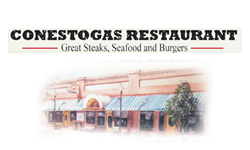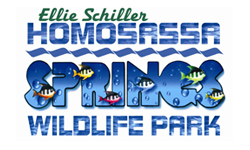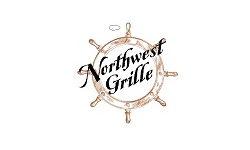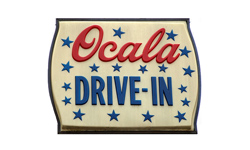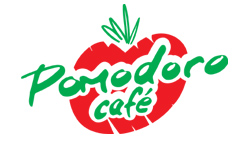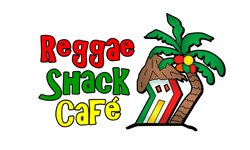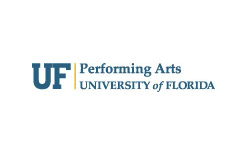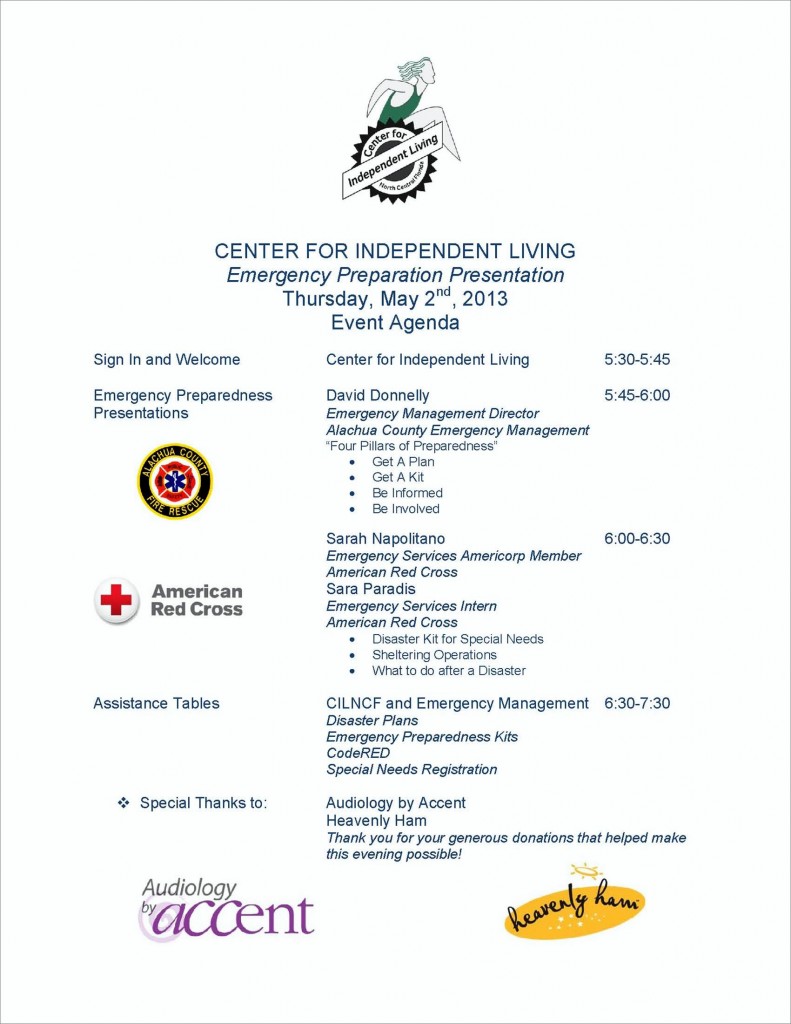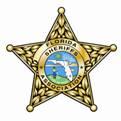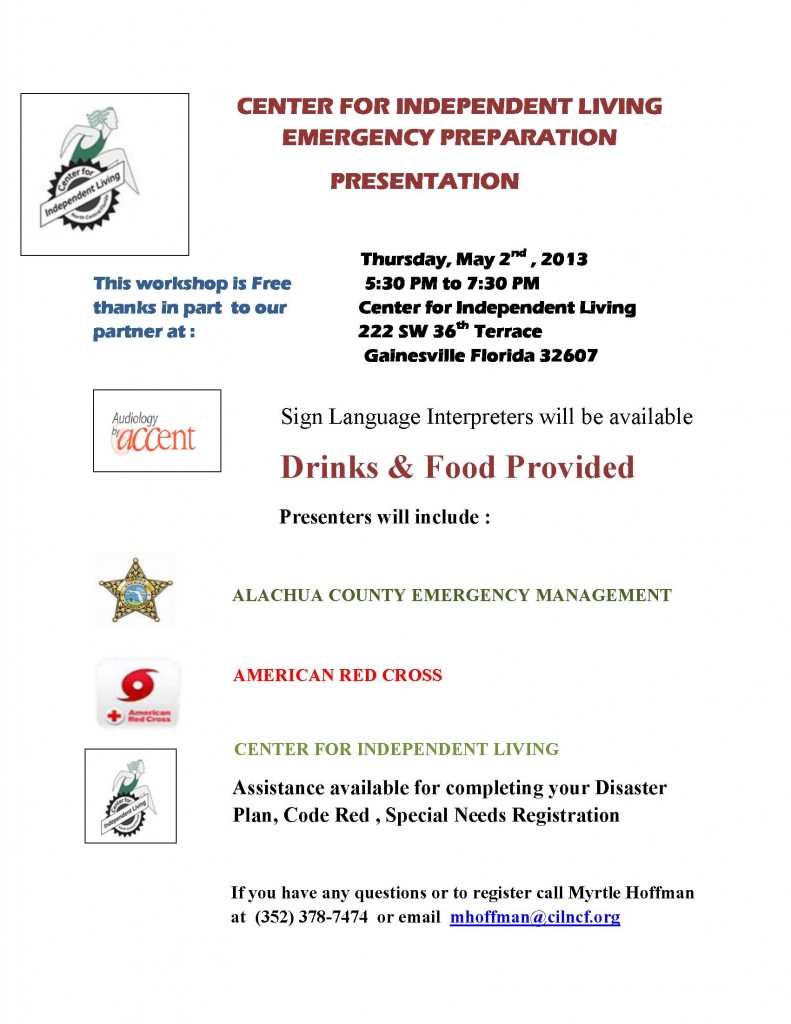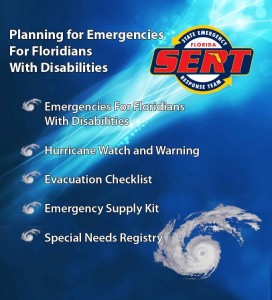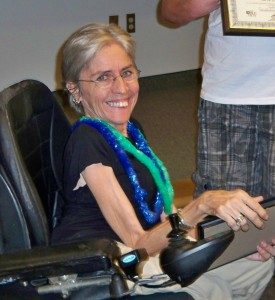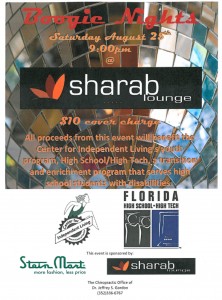
The feds just don’t understand how we do business down here in Florida. The Department of Justice’s Civil Rights Division fired off a letter to the state attorney general’s office last week, threatening to sue the state for sticking medically fragile kids in geriatric warehouses.
Apparently the feds regard these individual as mere children. In Florida, they’re considered the very cogs that keep the state’s faltering nursing home industry humming along. They’ve been privatized.
The letter from Assistant U.S. Attorney General Thomas E. Perez charged that the state was failing to provide the appropriate community-based services required by the Americans with Disabilities Act.
“Hundreds of children are currently segregated in nursing facilities throughout Florida,” Perez wrote. “They are growing up apart from their families in hospital-like settings, among elderly nursing facility residents and other individuals with disabilities. They live segregated lives — having few opportunities to interact with children and young adults without disabilities or to experience many of the social, educational and recreational activities that are critical to child development.”
If the feds come down to Florida with some outlandish notion that the welfare of young Medicaid recipients ought to trump business interests, then, sure, the situation will sound like a Dickensonian nightmare. Perhaps Perez didn’t realize it, but the reason we consign kids to old folks’ homes was explained right there on Page 6 of his 22-page letter.
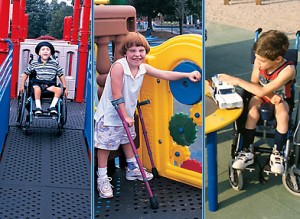 “During our investigation we learned that … the state has overseen the placement of hundreds of children into nursing facilities. For a majority of the children referred to these facilities, the state pays an enhanced rate of over $500 per day per child, which is more than double what the facility receives from the State to serve elderly individuals and other adults.”
“During our investigation we learned that … the state has overseen the placement of hundreds of children into nursing facilities. For a majority of the children referred to these facilities, the state pays an enhanced rate of over $500 per day per child, which is more than double what the facility receives from the State to serve elderly individuals and other adults.”
There you have it. Double the reimbursement. Nursing homes may not be so good for the children, who could be cared for at home as out-patients, probably for less money, but children are very good for nursing homes.
Back in March, a coalition of advocates filed suit against Florida’s Agency for Health Care Administration claiming that AHCA had illegally warehoused some 250 fragile children in adult nursing homes and was pressuring the parents of some 3,500 others now receiving treatment at home to move their kids into geriatric facilities.
The charges looked even more unseemly next to a report from the Florida Association for Medically Fragile Children, which stated: “The number of older men and women in nursing homes in Florida is decreasing. So owners of geriatric facilities are now competing to take fragile children in order to remain profitable, without regard to their special needs.”
The report stated, “With their eye on their shrinking bottom lines, geriatric facilities are lobbying to fill their empty beds with medically fragile children and young adults. But they are not equipped to do so. Even worse, they are lobbying to provide reduced levels of care.”
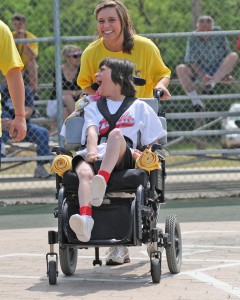
AHCA filed a narrow legal answer to the federal lawsuit, denying any illegalities, leaving the moral issues unaddressed. The agency looked bad. Gov. Rick Scott’s administration looked bad. But AHCA has remained obstinate. Paolo G. Annino, director of the Health Care Access Project at the Florida State University law school, one of the advocates behind the lawsuit, said Friday that AHCA has not even hinted at a settlement. “I’m really finding this hard to understand,” he said.
Instead, the festering lawsuit caught the attention of the Justice Department, which hired a consultant and launched its own investigation, visiting nursing homes in Miami, Fort Lauderdale, Orlando, Tampa, and St. Petersburg that housed some 200 of these children. The DOJ described finding children who could be treated at home, who could be living with their family and interacting with the community, but were kept in isolated nursing home wards. Meanwhile, Perez said, the state has cut the availability of in-home services so drastically that parents of other medically fragile children are being forced to institutionalize those kids, too.
Perez warned that the Supreme Court has held that “public entities are required to provide community-based services to persons with disabilities when (a) such services are appropriate, (b) the affected persons do not oppose community-based treatment, and (c) community-based services can be reasonably accommodated.”
The court warned that “institutional placement of persons who can handle and benefit from community settings perpetuates unwarranted assumptions that persons so isolated are incapable or unworthy of participating in community life.” And that “confinement in an institution severely diminishes the everyday life activities of individuals, including family relations, social contacts, work options, economic independence, educational advancement, and cultural enrichment.”
Sure, that may be the law. That also may reflect the values of a moral society. But that’s just not the Florida way.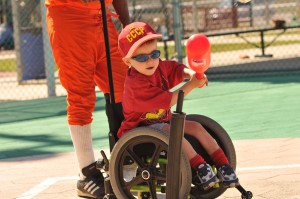
If these medically fragile children expect to be treated as well as nursing home operators, well, let them hire themselves a lobbyist.
That’s how we do business here in Florida.
** Photographs are courtesy of Mike Coonan Photography and our friends from The Florida Office on Disability and Health (FODH) at The University of Florida.
Read more here: http://www.miamiherald.com/2012/09/08/2992779/floridas-way-nursing-home-profits.html#storylink=cpy



